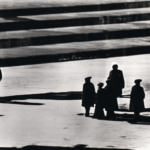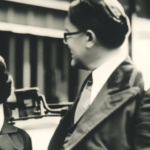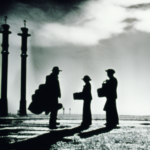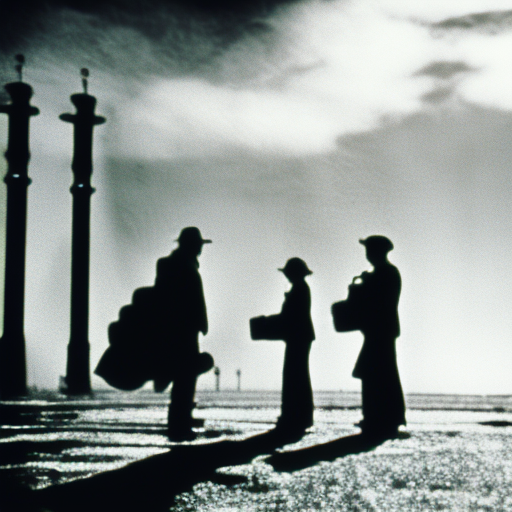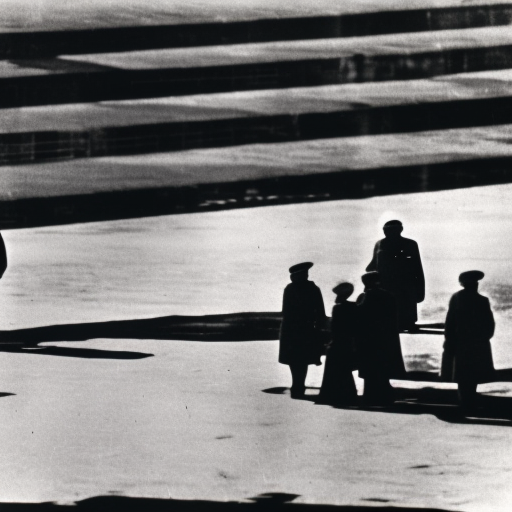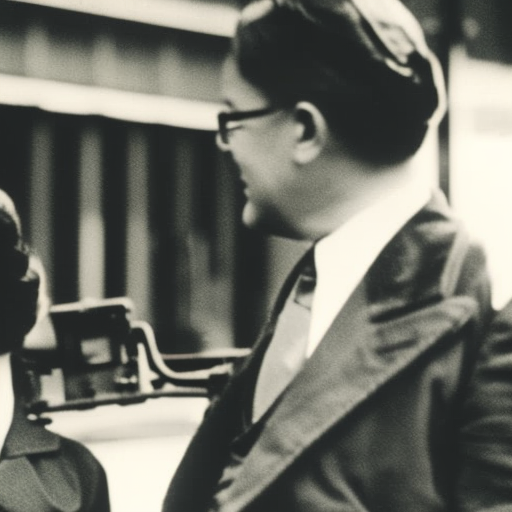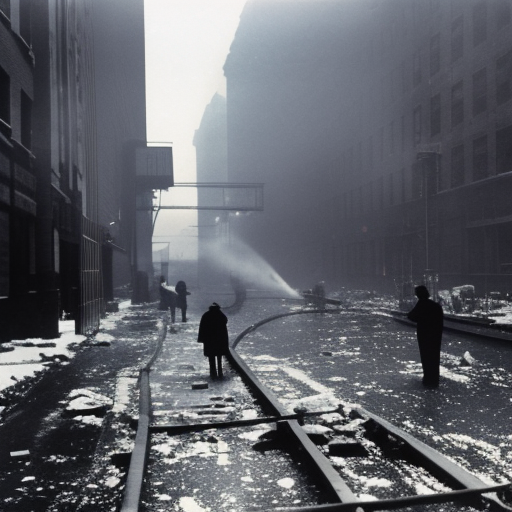The Muckrakers: Exposing Corruption and Injustice
The Muckrakers were a group of investigative journalists and writers who emerged in the late 19th and early 20th centuries in the United States. They played a crucial role in exposing corruption, social injustices, and abuses of power in American society. Through their investigative reporting and writing, the Muckrakers brought attention to a wide range of issues, including political corruption, child labor, unsafe working conditions, monopolies, and environmental degradation.
Origins and Influences
The term “Muckrakers” was coined by President Theodore Roosevelt in a speech in 1906, in reference to a character in John Bunyan’s novel “Pilgrim’s Progress.” The character was constantly raking through filth and muck, symbolizing the Muckrakers’ role in exposing the dirt and corruption in society. However, the Muckrakers themselves did not embrace the term, as they saw their work as a vital contribution to social reform.
The Muckrakers were influenced by the Progressive Era, a period of social and political reform that aimed to address the problems caused by rapid industrialization and urbanization. They were also inspired by the muckraking tradition in British journalism, as well as the investigative reporting of earlier American journalists such as Jacob Riis and Ida B. Wells.
Key Figures and Publications
Several key figures emerged as prominent Muckrakers, using their investigative skills and writing talents to expose various forms of corruption and injustice. Upton Sinclair’s novel “The Jungle” (1906) exposed the unsanitary conditions in the meatpacking industry, leading to significant reforms in food safety regulations. Ida Tarbell’s series of articles on the Standard Oil Company revealed the company’s monopolistic practices and contributed to the breakup of the company by the Supreme Court in 1911.
Other notable Muckrakers included Lincoln Steffens, whose book “The Shame of the Cities” (1904) exposed political corruption in American cities, and Ray Stannard Baker, whose articles shed light on the plight of African Americans and the abuses of child labor. Additionally, journalists such as Samuel Hopkins Adams, David Graham Phillips, and Frank Norris made significant contributions to the Muckraking movement through their investigative reporting and writing.
Impact and Legacy
The Muckrakers had a profound impact on American society and politics. Their exposés led to widespread public awareness and outrage, prompting calls for reform and government intervention. The Muckrakers’ work contributed to the passage of important legislation, such as the Pure Food and Drug Act and the Meat Inspection Act in 1906, which aimed to improve food safety and regulate the meatpacking industry.
Furthermore, the Muckrakers played a crucial role in shaping public opinion and influencing public policy. Their work helped to create a climate of reform and paved the way for the progressive reforms of the early 20th century, including the establishment of labor laws, consumer protection regulations, and the fight against monopolies.
The Muckrakers’ legacy can still be seen in modern investigative journalism. Their commitment to exposing corruption and holding those in power accountable continues to inspire journalists today. Their work also highlighted the importance of a free and independent press in a democratic society.
In conclusion, the Muckrakers were a group of investigative journalists and writers who played a vital role in exposing corruption and social injustices in American society during the late 19th and early 20th centuries. Through their investigative reporting and writing, they brought attention to a wide range of issues and contributed to significant reforms in various sectors. The Muckrakers’ legacy continues to inspire journalists and serves as a reminder of the power of the press in promoting transparency and social change.
